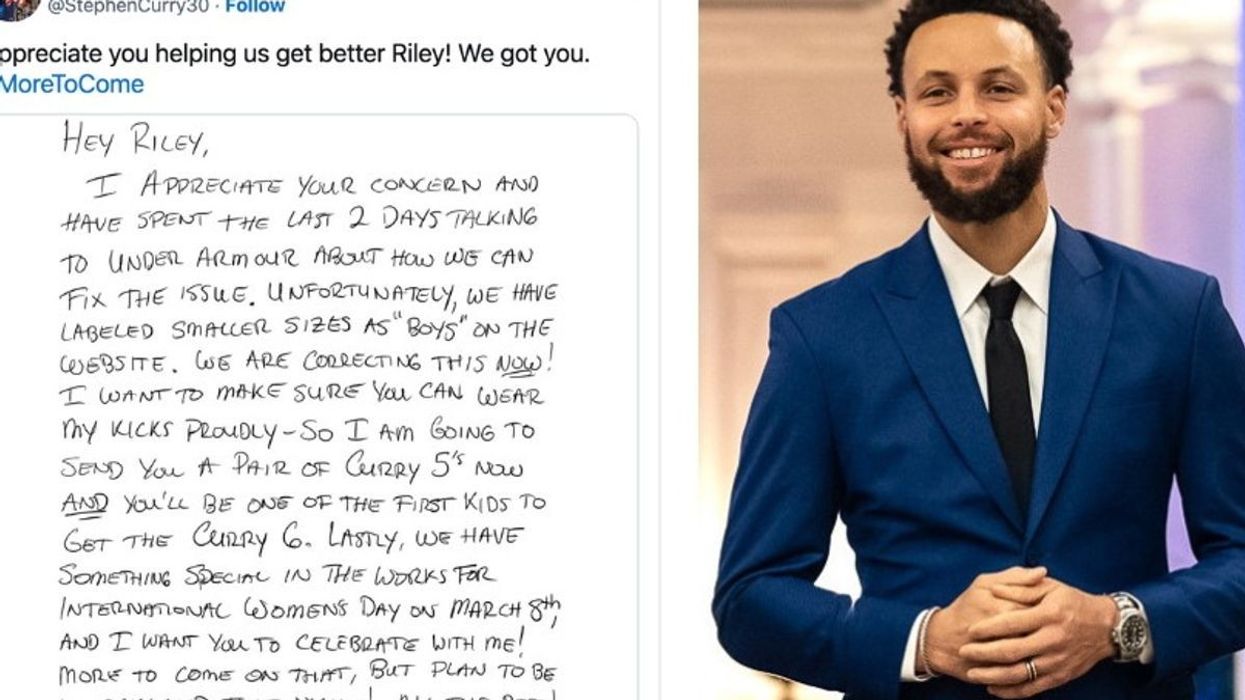With the Supreme Court planning to consider the constitutionality of the Affordable Care Act next week, the relatively latent issue of America's health care system is bubbling to the surface. The National Institute for Health Care Reform released some disturbing numbers this month [PDF] showing that over the past 10 years, the percentage of Americans with employer-based health insurance has plummeted from about 70 percent to about 50 percent. The study includes working-age people only, so the discrepancy can't be attested to the growing elderly population or increasing numbers of Medicare recipients. If this handy chart from the NIHCR tracing recent trends is any indication, we may not have employer-based health care much longer.
Recession-era unemployment rates have accelerated this process, but some of the problem is simply because employers are no longer offering benefits. Bosses are replacing full-time, insured employees with part-time, hourly employees across virtually all employment sectors. Growing areas of the economy, like the service sector, seldom provide benefits. This all underlines how nonsensical our health care system really is: Why are we depending on our employers to provide health insurance in the first place?
The technical answer is a series of 1950s decisions relating to employers' tax exemptions, all of which lacked foresight, but the philosophical question remains. As Mother Jones' Kevin Drum observes, Americans have zero clue how bizarre this is: "We've all grown up in this system," he writes, "so it seems completely normal. But it's not."
Not only is it abnormal—dozens of countries have figured out how to insure their populations without getting employers involved—it's also discriminatory. Even in a healthy economic climate, some portion of the population will be unemployed, and thus very likely uninsured. Beyond that, people who have no medical expertise are deciding the insurance carrier for their employees, regardless of any previous relationships workers may have with their doctors. The latest mandate that all health plans must cover birth control—and the Blunt Amendment countering that employers should be able to withhold coverage of any medication they want—has emphasized the absurdity of the health care status quo.
Let's hope exponentially growing health care costs and stubborn unemployment rates will push this conversation into the mainstream media and, eventually, into Congress. The goalposts of this conversation have been dragged so far to the right that politicians are focused solely on repealing or selling Obama's pretty moderate health care law. But the best way to get everyone insured—ostensibly a major goal of the Affordable Care Act—is to have a single-payer system and take employers out of the picture altogether.













